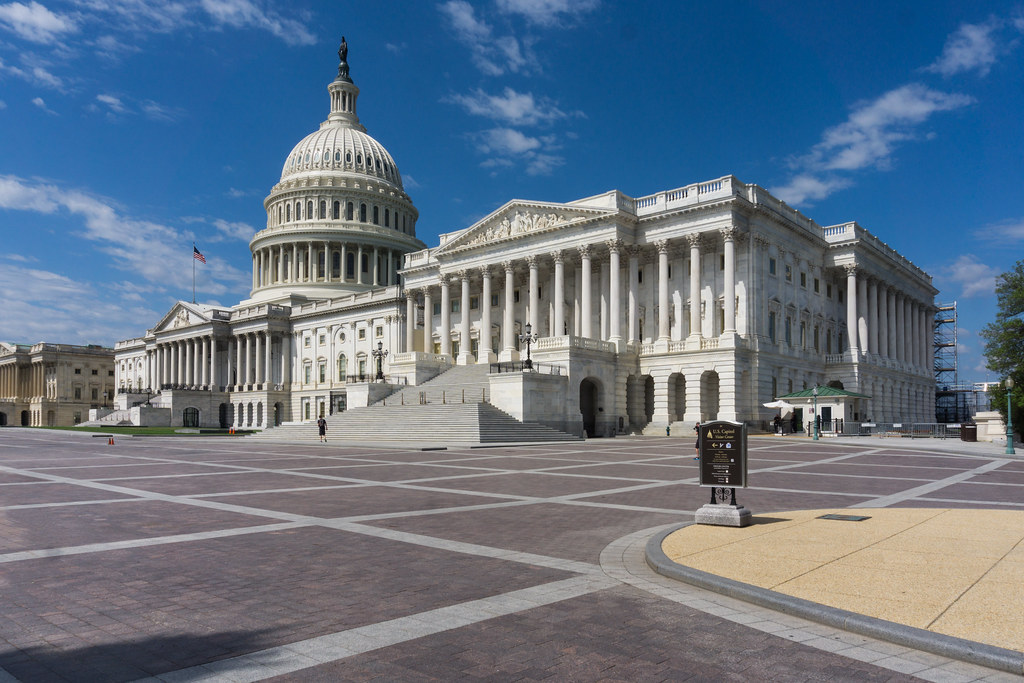U.S. lawmakers are facing the challenging task of establishing regulatory frameworks for the rapidly advancing field of artificial intelligence (AI). However, despite increased attention following the emergence of ChatGPT achieving consensus on the matter remains uncertain.
In this article, we delve into the ongoing debate surrounding AI regulation, exploring various perspectives from key stakeholders and the potential approaches being discussed.
The Senate Panel’s Focus on AI Regulation
The debate surrounding AI regulation takes center stage as OpenAI CEO, Sam Altman, prepares to testify before a Senate panel. This event highlights the significance of the issue and sets the stage for discussions on potential solutions.
Areas of Concern
Multiple proposals are being considered, each addressing different aspects of AI regulation. Some focus on the potential risks AI poses to human lives and livelihoods, such as in medical and financial domains. Others aim to prevent AI from being used for discriminatory practices or violating civil rights.
Regulating Developers or Users
An important aspect of the debate revolves around whether regulations should target AI developers or the companies implementing AI systems that interact with consumers. OpenAI has even suggested the possibility of a dedicated AI regulator to oversee the industry.
Risk-Based Approach
A risk-based approach has gained support from influential entities like IBM and the U.S. Chamber of Commerce. This approach advocates for regulations primarily in critical areas like medical diagnostics, where potential risks are significant.
The U.S. Chamber’s AI Commission suggests that the determination of risk should be based on its impact on individuals, emphasizing the importance of assessing the potential harm caused.
Emerging Challenges
The rise of generative AI, exemplified by ChatGPT’s ability to produce human-like text, has raised concerns about exam cheating, misinformation, and scams. These challenges have prompted various meetings, including a gathering at the White House with industry leaders and President Joe Biden.
Congressional Engagement and Big Tech’s Stance
Congressional aides and experts affirm that Congress is actively engaging with the AI regulation issue. However, amidst political polarization and competing priorities, progress may face obstacles. Big Tech companies prioritize avoiding premature overreactions, urging lawmakers to consider the potential benefits of AI alongside its risks.
Diverse Perspectives on AI Regulation
While Senate Majority Leader Chuck Schumer aims for bipartisan efforts in tackling AI issues, divisions within Congress and the upcoming Presidential election pose challenges. Different lawmakers advocate for distinct approaches, such as independent testing of new AI technologies and prioritizing privacy, civil liberties, and rights.
Exploring Broader Oversight
OpenAI has contemplated the idea of establishing an agency, such as the Office for AI Safety and Infrastructure Security (OASIS), to ensure accountability and safety standards for AI development. The proposal emphasizes the need for consensus on standards and risk mitigation strategies.
Conclusion
The ongoing debate over AI regulation highlights the complexities surrounding this rapidly evolving field. Lawmakers, industry leaders, and interest groups continue to explore different options and perspectives. Achieving consensus remains a significant challenge, necessitating careful considerations to strike a balance between regulation and innovation in the AI landscape.

